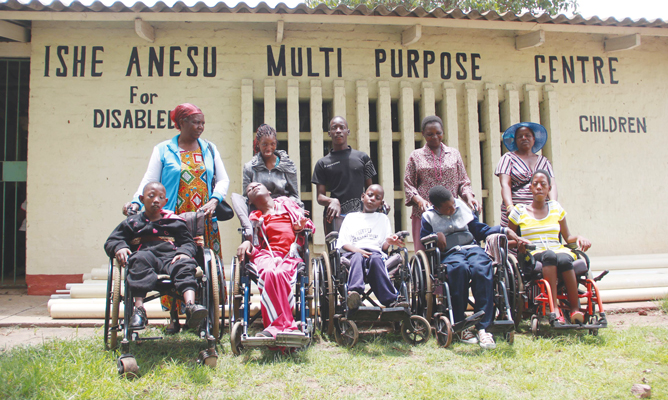
PARLIAMENT was yesterday told that people living with both disabilities and HIV and Aids were experiencing communication challenges at health centres across the country, leading to unnecessary deaths.
BY KUDZAI MUCHENJEKWA
Appearing before the Parliamentary Portfolio on Health and Child Care, Deaf Zimbabwe Trust (DZT) trustee, Barbra Nyangairi said many hospitals and clinics do not have skilled people to communicate with people who have hearing impairment, resulting in them failing to access essential medicines such as antiretroviral therapy.
DZT and Mashambanzou Trust and Disability HIV/Aids Trust met with the Health and Child Care Portfolio Committee to deliberate on the issues to do with disabled people, particularly the deaf failing to access antiretroviral drugs (ARVs), services and care.
DZT was formed with the aim to advance the rights of deaf children.
According to Nyangairi, 90% of the deaf children are not in school which makes them illiterate making it hard for them to read and write.
“Due to lack of adequate communication, many disabled people go back to their homes without enough information on how to take their drugs and some even go back without the drugs because no one will be able to assist them,” she said.
Trust Tafadzwa Maseva of the Disability HIV/Aids said most of the disabled people come from poverty-stricken families, hence they cannot afford proper medication and treatment.
- Chamisa under fire over US$120K donation
- Mavhunga puts DeMbare into Chibuku quarterfinals
- Pension funds bet on Cabora Bassa oilfields
- Councils defy govt fire tender directive
Keep Reading
He also touched on the issue of voluntary male circumcision where medical practitioners have a negative attitude towards disabled male patients who come to seek such services.
The delegation, among other things, recommended that interpreters be hired at health centres and removal of medical fees for people living with disabilities due to high poverty levels within that community.
The acting chairperson of the committee Prince Sibanda was grateful for the information brought before Parliament, saying most of the time this was overlooked by MPs in the areas they live.











